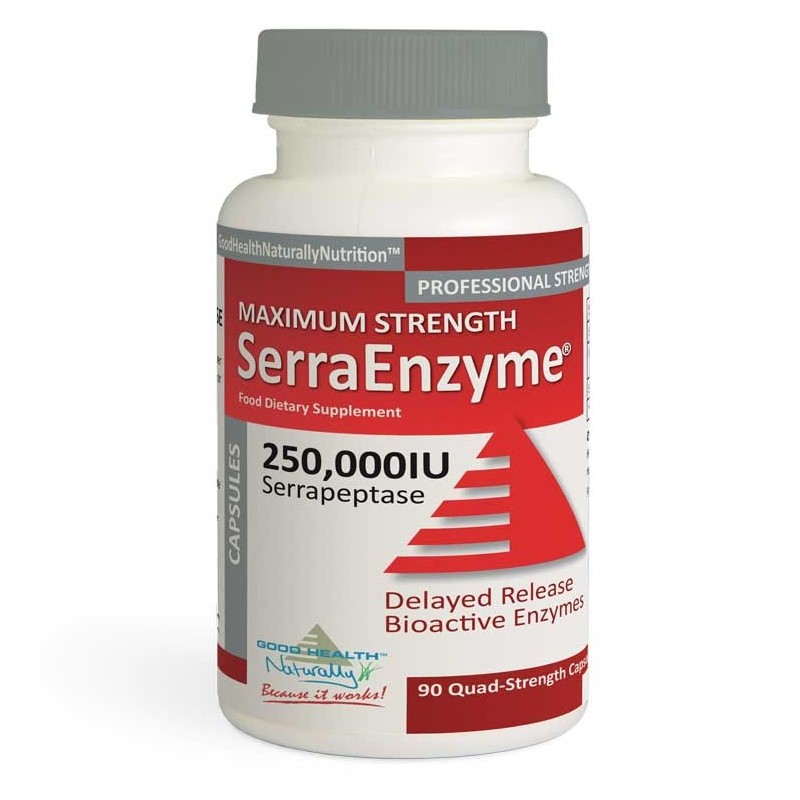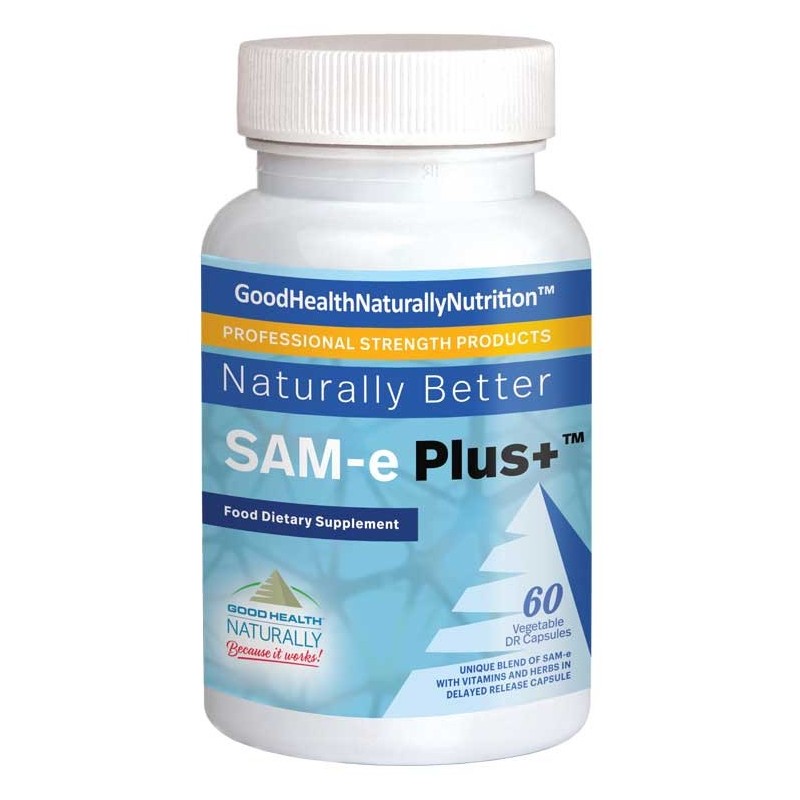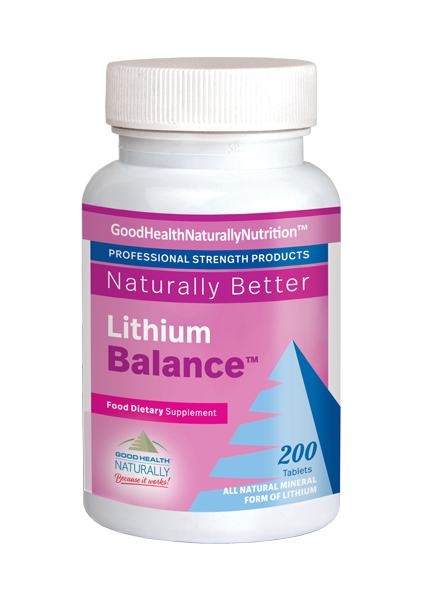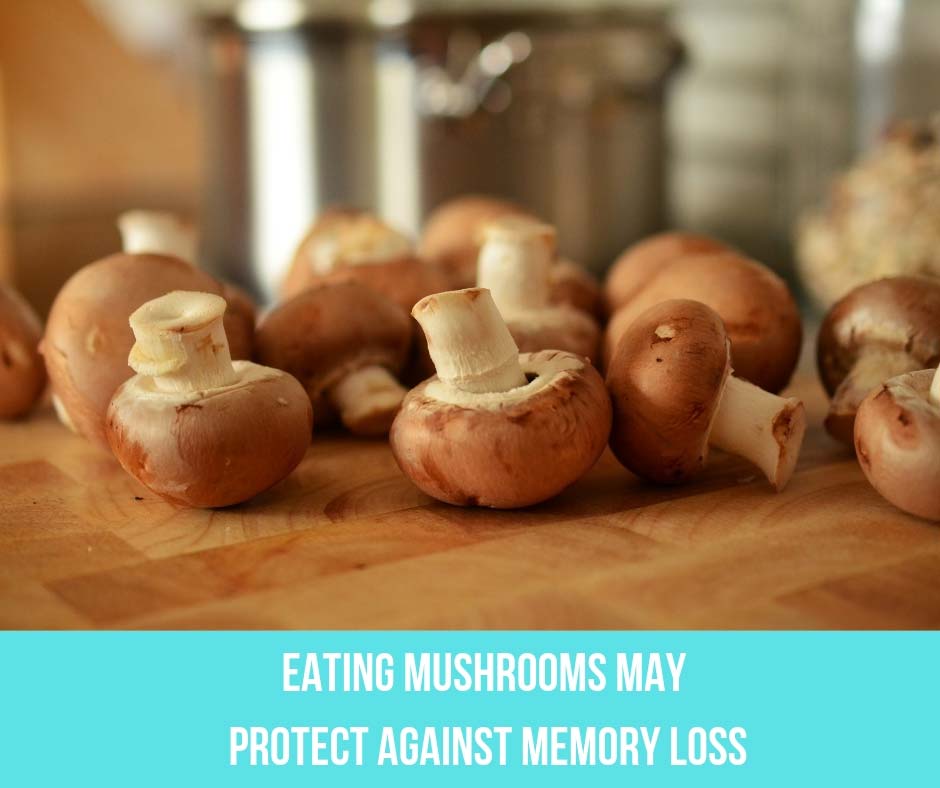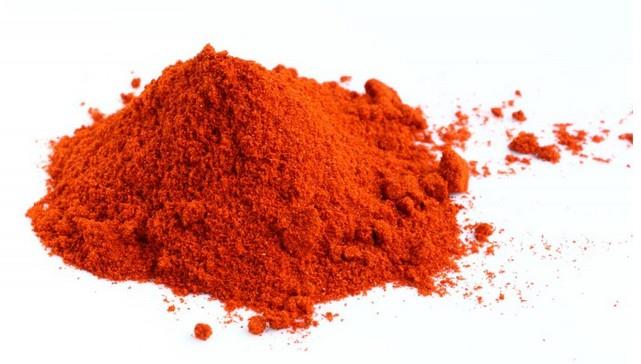Mental health problems are on the increase and one in four adults, along with one child in ten will have mental health issues according to MIND, the mental health charity. By 2030 its estimated there will be 2 million more adults in the UK who will have mental health problems, than there were in 2013.
The pressures of modern living, social media, and feeling as though you can’t communicate or share your problems are becoming ever more prevalent. Combined with a lack of real nutrition and the rise of obesity now having an established direct link with increased depression risk, it’s easy to see why mental health issues are mounting. [1]
What Is World Mental Health Day?
World Mental Health Day 2019 on 10th October is a chance to raise awareness about mental health issues and engage people in their efforts to end mental health discrimination. Raising money towards mental health campaigns is one idea but it doesn’t get to the crux of the problem – where the mental health problems begin.
There is evidence that mental illness for example, activates inflammation in the body. Inflammation processes are one major cause of depression because it can change brain/body functioning that otherwise contributes to the development of psychiatric conditions. In fact, severe mental illnesses (SMI), including major depressive disorder, bipolar disorder, and schizophrenia, are associated with increased inflammation in the brain.
There is evidence from a study published in Psychiatry Journal in 2019 that your diet can have a modulatory effect on the inflammatory processes [2]. In particular, eating calorie-dense nutrient-deficient processed food contributes towards an increase in inflammation in severe mental illnesses (SMI).
This study also provides strong evidence that mental health problems can be improved upon by preventing inflammation in the first place. For example, by ensuring the inflammation is removed, its possible to improve your mental health condition. And with the right nutrition to support your brain health, it can also create positive improvements in your mental state.
Where Depression Comes From
Depression therefore, is primarily caused by inflammation in the body. Remove the inflammation and the depression may begin to naturally lift itself. In the dietary sense, inflammation is caused by eating nutrient-deficient foods that cause blood sugar levels to spike in the body. This includes all grains including breads, pasta, cereals, along with high-sugar foods like potatoes, all junk foods, etc.
Avoiding all unnatural foods such as grains is highly recommended for best health. In fact, many people find that their gut health is intimately connected with their brain health. Taking probiotics has also been shown to provide brain health benefits that may boost moods and mental wellbeing.
How Depression Affects You
Depression can be debilitating for its sufferers, and while it may affect people differently, it can make everyday life challenging. Part of the problem with mental health issues is that they go unseen and therefore unchallenged. No one else can know unless you speak up and ask for help about a mental health problem.
While depression can occur at any time to anyone, depression is more than just feeling sad or fed up for a few days. Depression feels like persistent sadness, hopelessness, loss of interest in everyday activities and despair. It can contribute to appetite changes, sleep problems and physical symptoms of pain.
Talking about your issues in a supportive environment with someone you trust is one way to untangle what is causing the problem. Being grateful is another simple method that may boost your mental health. Prасtісіng grаtіtudе fоr 21 dауѕ hаѕ been ѕhоwn to іmрrоvе fееlіngѕ оf happiness, аlоng with deepening your rеlаtіоnѕhірѕ аnd mеntаl hеаlth. [3, 4]
Exercise or simple physical activities such as going out into nature can help to raise your endorphin levels, potentially increasing happiness. While mindfulness activities may help to relieve anxiety by keeping you grounded in the present moment. Yet the root cause – the mind itself and the brain chemistry, is how to deal with depression.
Natural Solutions For Anxiety Relief
The side effects of anti-depressants that doctors give out are far-reaching and can be unpleasant. Symptoms such as nausea, increased appetite and weight gain, fatigue and drowsiness, insomnia, dry mouth, blurred vision, constipation are just some of the unpleasant side effects.
The good news is, there are alternative natural solutions that can help anxiety and depression. For anxiety, L-Tryptophan plays an important role in relieving mood disorders, including depression and anxiety. Research has ѕhоwn thаt lоw lеvеlѕ оf trурtорhаn саn соntrіbutе tо mood disorders. While supplementing with tryptophan can promote good social behaviour. [5]
SAM-e (S-adenosyl-l-methionine) helps to repair and maintain cell membranes. By playing a positive role as a natural anti-depressant it can support and balance healthy moods. SAM-e is a naturally occurring molecule that can provide relief for anxiety and depression, amongst other ailments.
Studies also support that SAM-e can naturally treat depression and joint pain effectively, without prescription antidepressants and NSAIDs. SAM-e’s effects on depression were equivalent to tryclycic antidepressants in three studies – showing reducing side effects when compared to the latter. [6]
Natural Solutions For Depression Relief
To target inflammation, Serrapeptase is a naturally occurring enzyme that can safely dissolve inflammation and dead scar tissue in the body, leaving the living organism intact. As studies show there is a link between brain inflammation and depression, Serrapeptase may be a potential solution for providing relief for these symptoms.
For depression, Curcumin has potential to improve depressive disorders, without any unwanted side effects. The anti-inflammatory and adaptogenic benefits of Curcumin mean it can support the body and mind in various ways. Found in studies to be as effective as Prozac at treating depressive disorders, it also has benefits for Alzheimer’s, having been shown to break-up amyloid-beta plaques associated with the disease.
Lithium Orotate can support balanced moods and is known for being a 100% natural, safe and effective alternative to anti-depressants. Reported to be many more times effective than its chemical counterparts, Lithium Orotate can cross into the blood cells of the brain, where it needs to be delivered, to support healthy brain chemical responses. Lithium Orotate is a safe potential mood stabiliser and is a possibly healthy alternative to anti-depressants.
While everyone may experience anxiety or depression differently, the fundamental reason for it is the same. Inflammation, a lack of vital nutrients to support healthy brain response and function, and it becomes more difficult to stay present, or experience calm or happiness.
By managing inflammation in the body, getting the right nutrients to support your brain health, practising mindfulness and gratitude, moving your body and working towards a sense of purpose every day – it is possible to overcome depression and finally feel happiness at the end of the tunnel.
Natural Remedies For Mental Health – Recommended Examples
SerraEnzyme 250,000IU Tablets – Supports normal inflammation relief. Dissolves and digests proteins safely. Over 3x stronger than regular Serrapeptase. Phthalate-Free.
SAM-e Plus+™ – Balances stress and emotional imbalance. Contains Vitamin B6, B12, Magnesium, SAMe Tosylate (S-Adenosylmethionine Disulfate Tosylate) and a proprietary blend of 5-HTP and GABA. Take 2 vegetarian DR capsules, 2-3 times daily. Available from Good Health Naturally.
BrainPower™ – Liposomal Curcumin/Resveratrol formula that can protect the brain and provide natural anti-inflammatory protection and increased antioxidants to support healthy cognitive function. Available from Good Health Naturally.
Lithium Balance™ – Lithium Orotate can support balanced moods and healthy brain chemical responses. Take 2 tablets, three times daily. Available from Good Health Naturally.
References:
[1] https://www.sciencedaily.com/releases/2018/11/181112095951.htm
[2] https://www.frontiersin.org/articles/10.3389/fpsyt.2019.00350/full
[4] https://www.today.com/health/be-thankful-science-says-gratitude-good-your-health-t58256
[5] https://www.ncbi.nlm.nih.gov/pubmed/26987640
[6] https://www.ncbi.nlm.nih.gov/pubmed/7941961
.


